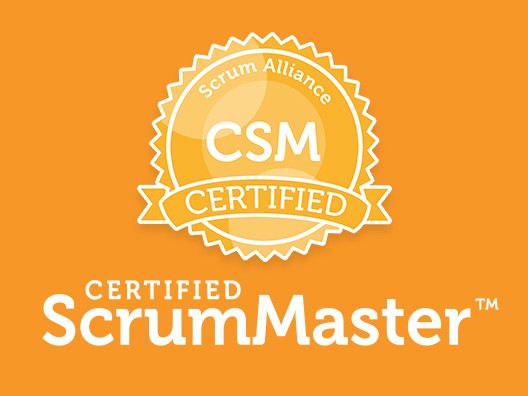When you work in areas like software development and project management, you often hear about Agile methods, with Scrum being a popular one. To become an expert in Scrum, many people get certified. Two common certifications are Professional Scrum Master (PSM) and Certified ScrumMaster (CSM). In this blog, we’ll help you decide which one is right for you by explaining the key differences.
First, let’s understand what PSM and CSM are:
PSM (Professional Scrum Master)
– Offered by Scrum.org, founded by one of Scrum’s creators, Ken Schwaber.
– Focuses on deeply understanding Scrum principles and practices.
– Requires passing a challenging online test.
CSM (Certified ScrumMaster)
– Provided by the Scrum Alliance, a big Scrum organization.
– Gives a basic understanding of Scrum practices and the ScrumMaster role.
– Needs attending a two-day training course, either in person or online.
– Doesn’t have a formal test; you’re evaluated based on how you participate in the course.
What to Think About
Now, let’s see what factors you should consider when choosing between PSM and CSM:
1. How Deep You Want to Go
PSM: If you want to become a Scrum expert and really understand how it works, go for PSM. It dives deep into Scrum principles and expects you to know how to use them in real situations. PSM III is especially tough.
CSM: CSM gives you a good start with Scrum, but it doesn’t go as deep into the principles as PSM does.
2. Testing vs. Training
PSM: To get PSM certified, you have to pass a tough online test. The questions are based on real scenarios and make you prove your Scrum knowledge.
CSM: To become a CSM, you must attend a two-day training course. It’s more about learning through training than taking a formal test.
3. Renewal Rules
PSM: Once you pass PSM, you’re certified for life. No need to renew or pay any fees.
CSM: CSM certifications need renewal every two years. You have to collect Scrum Education Units (SEUs) and pay a fee to keep your certification.
4. Money Matters
PSM: The cost of PSM certification includes the test fee, which varies based on the level (PSM I, II, or III). You don’t have to pay extra for a course.
CSM: To get a CSM, you have to pay for the training course, which can vary in price. Plus, there’s a fee to renew your certification every two years.
5. Who Can Apply
PSM: PSM I doesn’t need any prior qualifications. But for PSM II and PSM III, you must already have PSM certification. You can do PSM II and III without having CSM first.
CSM: You don’t need any specific qualifications to become a CSM.
6. What Others Think
PSM: PSM certifications are highly respected in the Agile community, especially for those who want to be Scrum experts.
CSM: CSM is recognized too, but it’s often more popular among newcomers to Scrum and Agile.
Making Your Choice
The decision between PSM and CSM depends on what you want to achieve, your experience, and how you like to learn. Here’s a simple guide:
Choose PSM If:
– You want to deeply understand Scrum.
– You already know a bit about Scrum and want to prove you’re an expert.
– You like taking online tests.
– You don’t want to worry about renewing your certification.
Choose CSM If:
– You’re new to Scrum and need a good starting point.
– You prefer learning through interactive training, whether in person or online.
– You’re okay with renewing your certification every two years.
– You’re mainly interested in the ScrumMaster role.
Conclusion
Both PSM and CSM certifications have their strengths. Your choice depends on your goals and situation. Think about your Scrum knowledge, how you like to learn, and where you see your career going in Agile and Scrum. Some people even get both certifications to get a well-rounded Scrum understanding. Ultimately, pick the path that fits your ambitions in the dynamic world of Agile and Scrum.












